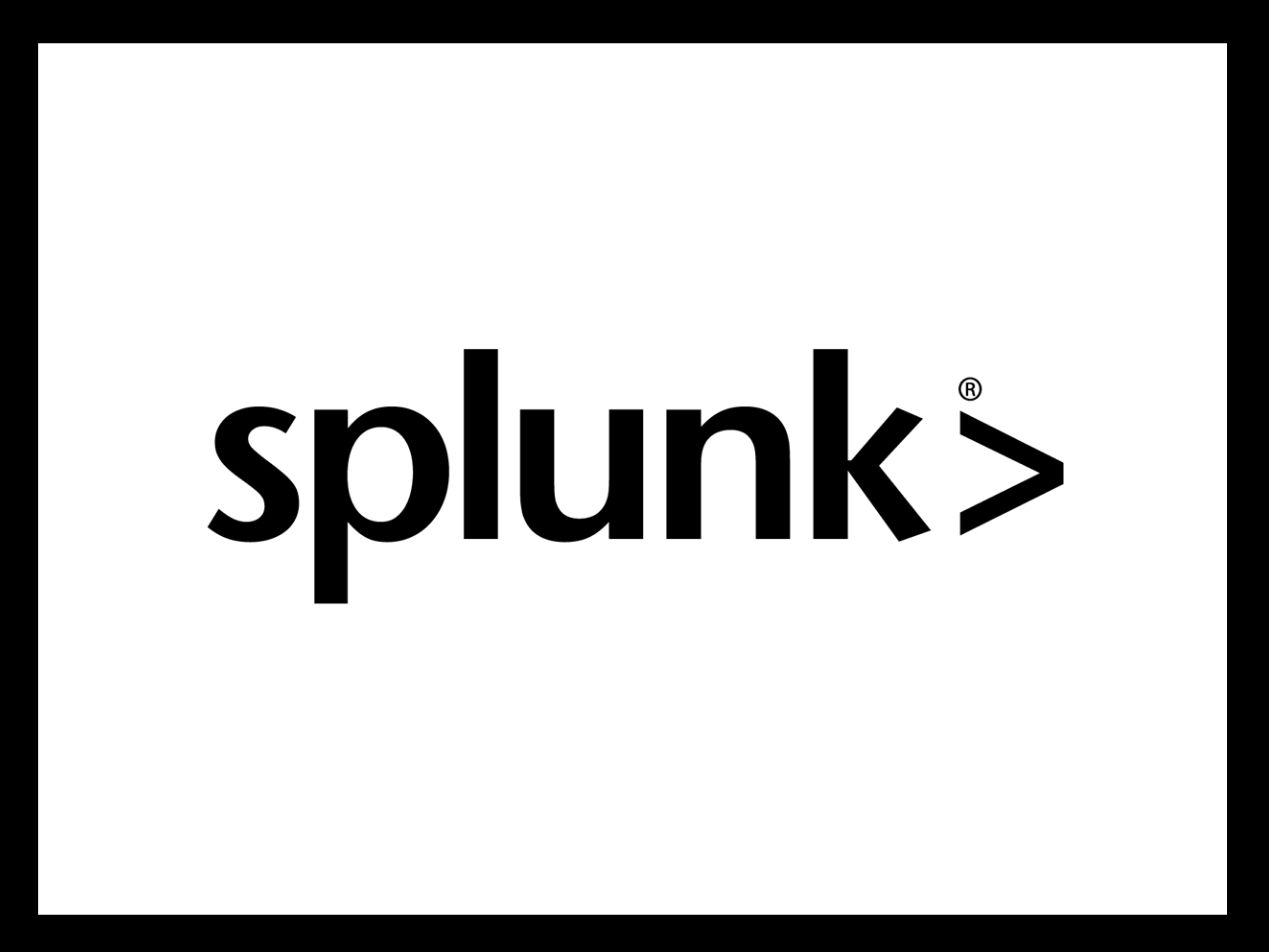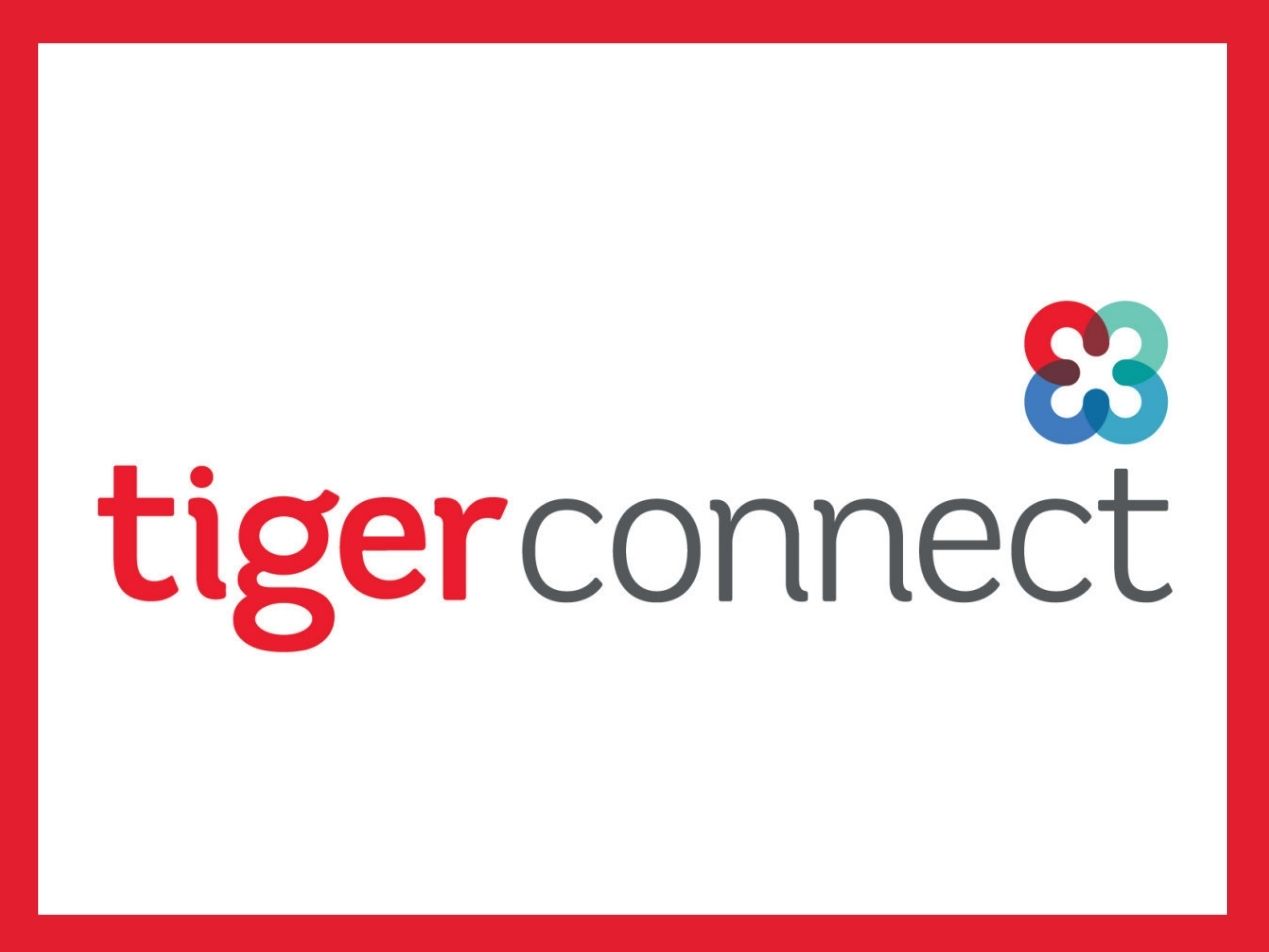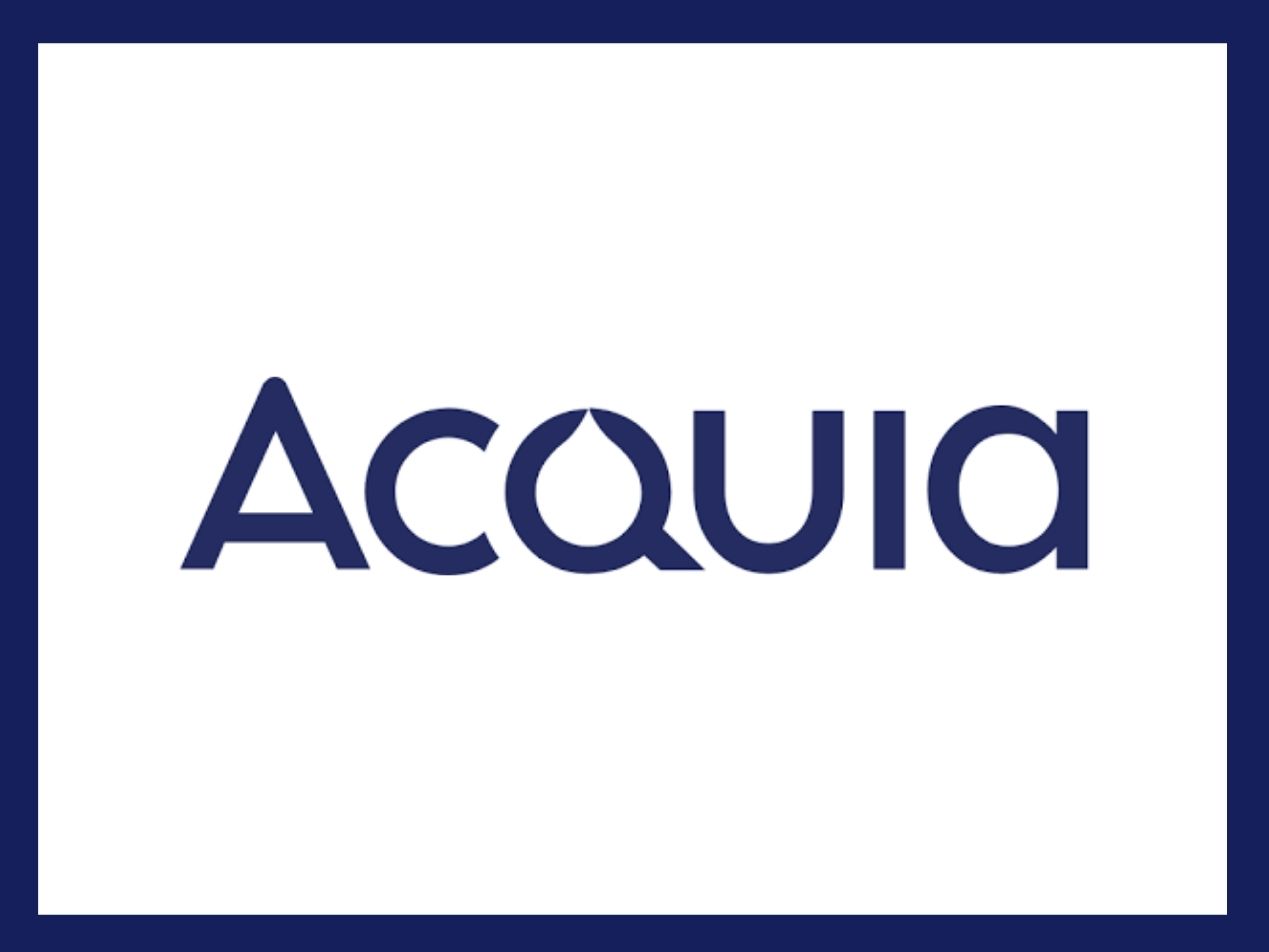
Splunk is an advanced and scalable form of software that indexes and searches for log files within a system and analyzes data for operational intelligence. The software is responsible for splunking, correlating, capturing, and indexing real-time data. From this, it creates alerts, dashboards, graphs, reports, and visualizations.
Splunk helps organizations recognize common data patterns, diagnose potential problems, apply intelligence to business operations, and produce metrics.
Is Splunk HIPAA compliant? Yes, based on our research, Splunk can be HIPAA compliant.
Will Splunk sign a business associate agreement (BAA)?
Yes, Splunk will sign a business associate agreement, which can be reviewed here.
What does the Splunk BAA cover?
The Splunk BAA covers the use and disclosure of protected health information (PHI), stating, “Splunk Cloud Platform is reviewed by third-party auditors annually to certify that it meets HIPAA’s data security requirements, including encryption in transit and at rest.”
Conclusion
Splunk signs a BAA and is therefore HIPAA compliant.
Learn more: HIPAA Compliant Email: The Definitive Guide
FAQS
What is a business associate agreement?
A business associate agreement (BAA) is a legally binding contract establishing a relationship between a covered entity under the Health Insurance Portability and Accountability Act (HIPAA) and its business associates. The purpose of this agreement is to ensure the proper protection of personal health information (PHI) as required by HIPAA regulations.
What is HIPAA?
The Health Insurance Portability and Accountability Act (HIPAA) sets national standards for protecting the privacy and security of certain health information, known as protected health information (PHI).
HIPAA is designed to protect the privacy and security of individuals’ health information and to ensure that healthcare providers and insurers can securely exchange electronic health information. Violations of HIPAA can result in significant fines and penalties for covered entities.
Who does HIPAA apply to?
HIPAA applies to covered entities, which include healthcare providers, health plans, and healthcare clearinghouses. It also applies to business associates of these covered entities. These are entities that perform certain functions or activities on behalf of the covered entity.
Subscribe to Paubox Weekly
Every Friday we'll bring you the most important news from Paubox. Our aim is to make you smarter, faster.





